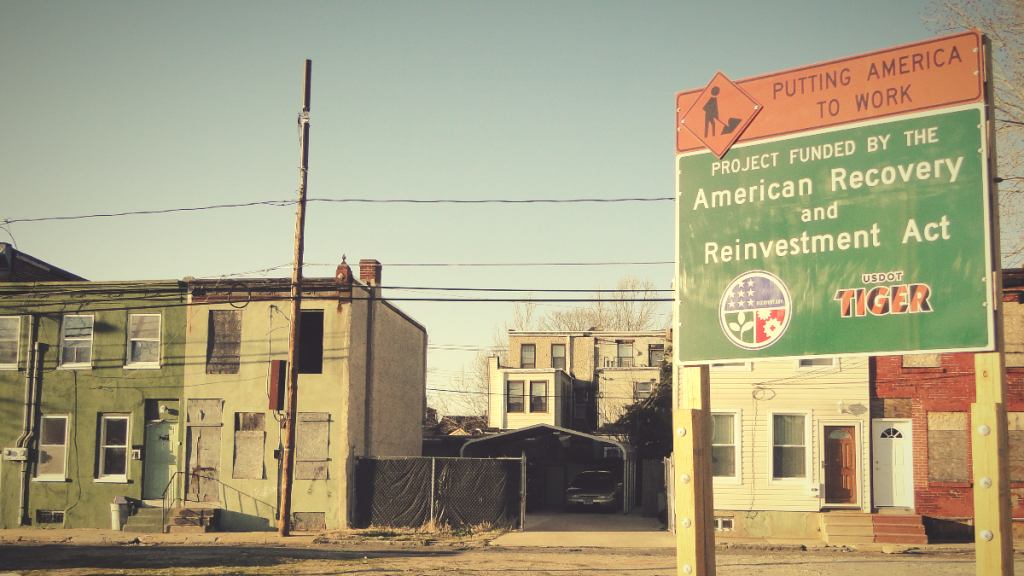Every Labor Day, political factions battle over how the labor market is doing and what to do about perceived problems. Every fourth Labor Day, that battle is intensified as administrations try to sell the idea that they have been the best of stewards and only their opponents stand in the way of doing even better, while electoral rivals market the opposite message.
Those battles include skirmishes about a multitude of measurement issues:
- whether employment or unemployment measures are more accurate
- which unemployment measure is the best, reasons for changes in labor force participation
- part-time versus full-time jobs
- discouraged workers
- how many officially disabled workers are really gaming retirement incentives
- seasonal adjustments, and more.
Other debates include whether government programs create jobs or just move them, given that the resources must come from elsewhere, whether that transfer produces increased or decreased value, etc.
The Elephant in the Room
The discussion generally overlooks a further factor, however. Jobs created directly or indirectly by government policies often impose costs on society rather than producing benefits. Such job creation worsens rather than improves citizens’ well-being.
The most obvious illustrations come from the vast crazy-quilt of federal government agencies, mandates, and czars. Peaceful wealth creation arises from voluntary agreements among people, but the primary activity of the regulatory state is often to interfere with such mutually productive jobs, undermining social coordination and destroying wealth. Such government hiring to constrain productive arrangements does create some jobs, but acts as a massive regulatory tax on jobs that benefit other people.
Professors Susan Dudley and Melinda Warren have studied those federal regulatory agencies that explicitly restrict private sector transactions to provide an idea of the magnitudes involved. They found 277,000 such regulators in 2015 (substantially larger than General Motors’ worldwide workforce) and an eighteen-fold increase in those agencies’ real budgets since 1960, to over $57 billion (in 2009 dollars).
Fighting to a Standstill
Government’s forcible interventions also create private sector jobs to comply with its expanding range of dictation. For example, many human resources and health care industry jobs have been created to comply with Obamacare. Those compliance jobs create value to employers by satisfying imposed mandates, but for ill-advised programs and restrictions, those jobs entail costs rather than benefits for society.
Government’s increasing redistributive power over every wallet also means more lobbyists are hired to help special interests benefit at others’ expense. That, in turn, pushes others to hire more lobbyists to minimize the extent of robbery they will be forced to bear. The expanded fight to control federal government theft creates influence industry jobs, which have certainly dramatically stimulated the economy in Washington, but which at best produces a zero-sum game that destroys wealth for people everywhere else.
Similarly, when laws or rules of questionable constitutionality or legality are promulgated, it increases the number of lawyers and legal resources government employs, but also those employed by opponents. Such opposition can be one of the most valuable investments for Americans in stopping such inroads on people’s rights, but even fighting them to a standstill leaves Americans no better off than if those overstepping initiatives had not been advanced in the first place.
A similar analysis applies to all 50 state governments and the host of local governments that operate under their authority.
As Americans hear Labor Day rhetoric designed to set up electoral success two months from now, they are more than justified in extreme skepticism about being manipulated. Beyond measurement twists and logical turns that can easily scam the unwary, even jobs that are created by government may produce harm rather than help for citizens. Without careful thinking about such issues, even well-intended voters are at least as likely to undermine as advance their interests.
This piece was originally published by Gary Galles at the Foundation for Economic Education.



